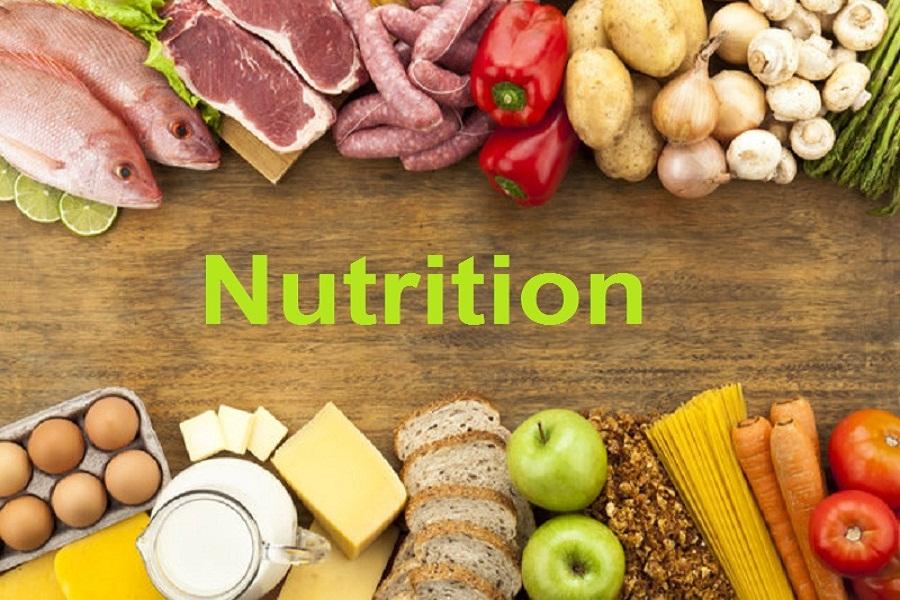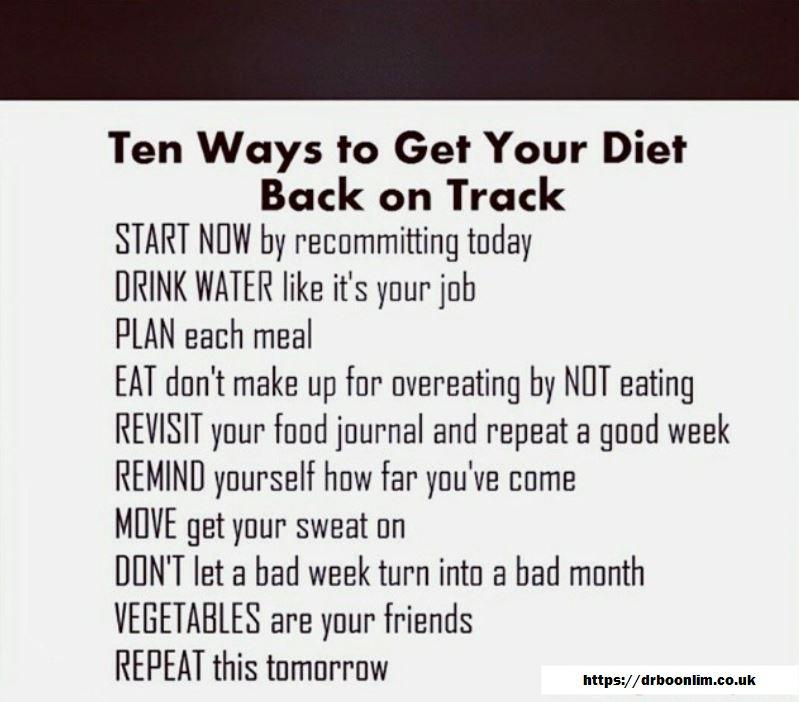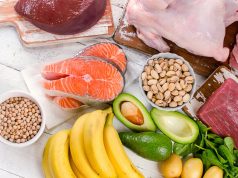In today’s fast-paced world, mental clarity can often feel elusive, buried beneath layers of stress, fatigue, and distraction. Many of us find ourselves longing for a sharper mind, a more focused presence, and the ability to navigate our daily lives with ease and purpose. While there are numerous strategies to enhance cognitive function, one powerful and often overlooked approach is through our diet. This article will guide you through the process of designing a personalized diet plan aimed at improving mental clarity. With empathy and understanding, we’ll explore the connection between what you eat and how you think and feel, empowering you to make informed choices that nourish not only your body but also your mind. Let’s embark on this journey together, discovering how the right nutrition can illuminate your path to a more vibrant and clear-headed life.
Understanding the Connection Between Nutrition and Mental Clarity
In the quest for enhanced mental clarity, understanding the intricate relationship between what we eat and how our brains function is essential. Our brains, the most energy-demanding organs, require a steady supply of nutrients to maintain optimal performance. A balanced diet can significantly impact cognitive functions such as memory, concentration, and problem-solving skills. Let’s explore some key nutritional elements that play a vital role in supporting mental clarity.
- Omega-3 Fatty Acids: Found in fish, walnuts, and flaxseeds, these healthy fats are crucial for maintaining brain cell structure and improving communication between brain cells.
- Antioxidants: Foods rich in antioxidants, like berries and dark chocolate, help combat oxidative stress and inflammation, which can impair cognitive functions.
- Complex Carbohydrates: Whole grains, vegetables, and legumes provide a steady release of glucose, the brain’s primary energy source, aiding in sustained focus and mental stamina.
| Food | Key Nutrient | Mental Benefit |
|---|---|---|
| Salmon | Omega-3 Fatty Acids | Enhances brain cell function |
| Blueberries | Antioxidants | Reduces oxidative stress |
| Quinoa | Complex Carbohydrates | Provides steady energy |
By incorporating these essential nutrients into your diet, you can create a foundation for improved mental clarity. Remember, consistency is key; regularly consuming these foods can lead to lasting cognitive benefits and a sharper mind.
Identifying Nutrient-Rich Foods to Support Brain Health
Enhancing brain health through diet involves selecting foods that are rich in essential nutrients. A well-rounded approach focuses on ingredients that provide cognitive benefits, bolster memory, and support overall mental clarity. Incorporating a variety of these foods can help nourish your brain and keep it functioning optimally.
- Fatty Fish: Rich in omega-3 fatty acids, which are crucial for brain health. Examples include salmon, trout, and sardines.
- Leafy Greens: Spinach, kale, and broccoli are high in antioxidants and vitamins that protect brain cells.
- Nuts and Seeds: Particularly walnuts, flaxseeds, and chia seeds, which are good sources of healthy fats and antioxidants.
- Berries: Blueberries, strawberries, and blackberries are packed with antioxidants that may delay brain aging and improve memory.
- Whole Grains: Oats, brown rice, and quinoa offer a steady supply of energy to the brain.
| Food | Key Nutrient | Brain Benefit |
|---|---|---|
| Salmon | Omega-3 | Improves cognitive function |
| Spinach | Folate | Reduces cognitive decline |
| Walnuts | Antioxidants | Boosts memory |
| Blueberries | Flavonoids | Enhances memory |
By thoughtfully selecting and incorporating these nutrient-dense foods into your diet, you can foster an environment where your brain thrives. Remember, the key is consistency and variety, ensuring your meals are both delicious and supportive of your mental well-being.

Crafting a Balanced Meal Plan for Sustained Cognitive Function
Designing a meal plan that supports cognitive function requires a delicate balance of nutrients that fuel the brain and keep you mentally sharp. A well-rounded diet can be the key to unlocking your full mental potential. To start, focus on incorporating a variety of brain-boosting foods into your meals:
- Healthy Fats: Opt for sources like avocados, nuts, seeds, and olive oil, which provide essential fatty acids crucial for brain health.
- Lean Proteins: Include eggs, fish, and legumes to support neurotransmitter production and repair brain cells.
- Complex Carbohydrates: Whole grains, fruits, and vegetables offer a steady supply of glucose, the primary energy source for your brain.
To further enhance your diet plan, consider the timing of your meals. Eating smaller, more frequent meals can help maintain stable blood sugar levels, preventing the energy dips that lead to mental fog. Here’s a simple example of how you might structure your daily intake:
| Meal | Time | Components |
|---|---|---|
| Breakfast | 8:00 AM | Oatmeal with berries and walnuts |
| Mid-Morning Snack | 10:30 AM | Greek yogurt with honey |
| Lunch | 12:30 PM | Grilled salmon with quinoa and spinach salad |
| Afternoon Snack | 3:00 PM | Sliced apple with almond butter |
| Dinner | 6:30 PM | Stir-fried tofu with brown rice and mixed vegetables |
Remember, a balanced diet is not just about what you eat but also how you eat. Mindful eating, savoring each bite, and listening to your body’s hunger cues can significantly enhance your cognitive function over time. Embrace the power of nutrition to keep your mind clear and focused throughout the day.

Practical Tips for Maintaining Consistency and Motivation in Your Diet
Staying consistent and motivated on your dietary journey requires more than just willpower; it involves strategic planning and mindset shifts. Here are some actionable steps to help you maintain your momentum:
- Set Realistic Goals: Begin with small, achievable targets. Instead of aiming for a complete dietary overhaul, focus on incorporating one or two new habits each week.
- Track Your Progress: Use apps or a simple journal to record your meals and how you feel mentally. This not only helps in identifying what works best for you but also serves as a motivational tool when you see tangible progress.
- Find Your Support System: Engage with a community, whether it’s online or in-person. Sharing experiences and challenges can provide emotional support and accountability.
Creating an environment conducive to success is equally important. Here’s how you can optimize your surroundings:
- Meal Prep: Dedicate a day to prepare your meals for the week. This minimizes decision fatigue and ensures you have healthy options readily available.
- Mindful Eating: Practice being present during meals. Focus on the flavors, textures, and how the food makes you feel. This can enhance satisfaction and prevent overeating.
- Declutter Your Space: Keep your kitchen and dining area organized. A clean space can reduce stress and make meal preparation more enjoyable.
| Strategy | Benefit |
|---|---|
| Weekly Check-ins | Adjust plans and set new goals based on progress |
| Variety in Meals | Prevent boredom and ensure nutrient diversity |
| Celebrate Small Wins | Boost motivation and reinforce positive behavior |








































